Your cart is currently empty!
Tag: OrganicGrowing
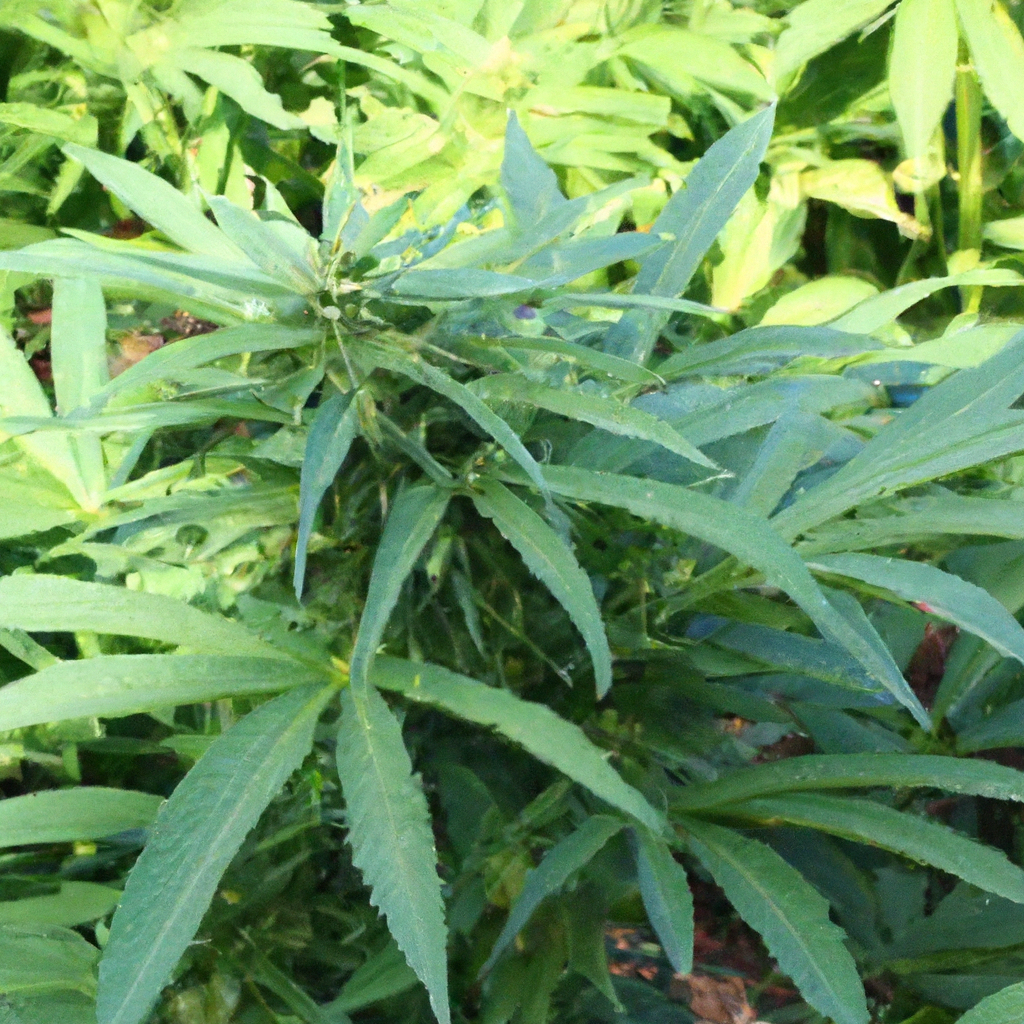
Organic cannabis cultivation focuses on sustainable growing methods that respect both the plant and the planet. This approach emphasizes the use of natural fertilizers, composting, and eco-friendly pest control. Key practices include developing healthy soil through composting and cover crops, using natural fertilizers such as humic substances and fish emulsion, and implementing pest control strategies…
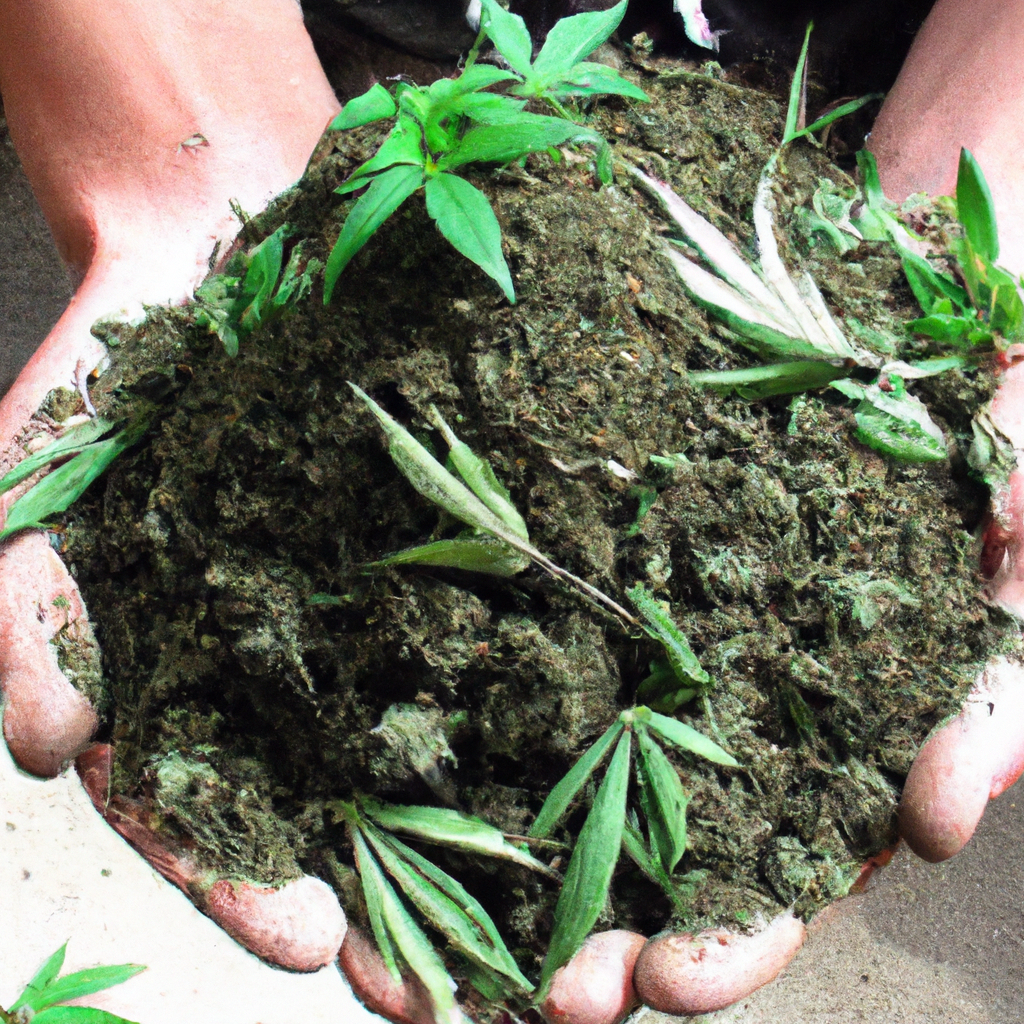
Embracing organic cultivation techniques for cannabis enhances both harvest quality and environmental sustainability. This guide highlights key practices such as building a healthy soil ecosystem using composting and natural amendments, employing natural fertilization techniques like manure and worm castings, and implementing sustainable pest control methods including companion planting and neem oil. The benefits are clear:…
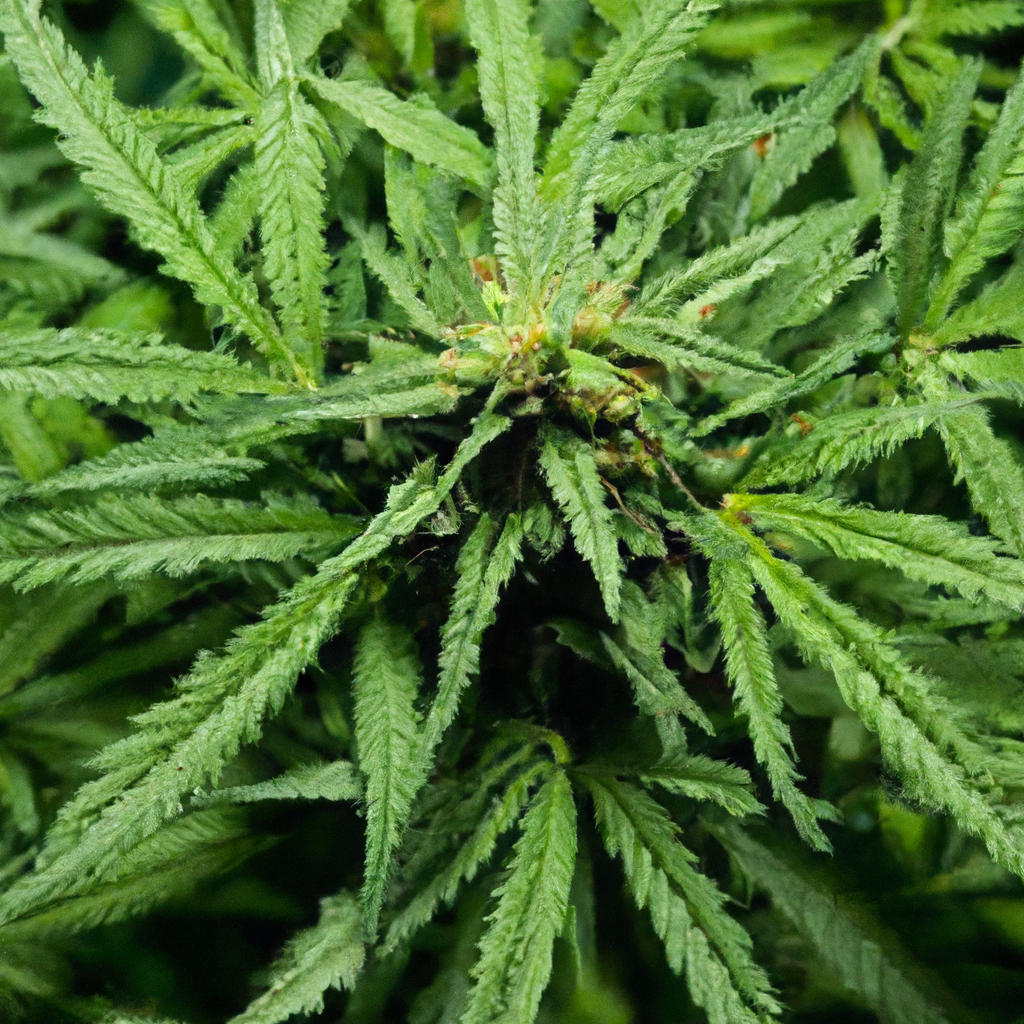
In an era where sustainable agriculture is crucial, organic cannabis cultivation offers an eco-friendly approach by employing natural fertilizers, composting, and organic pest control methods. This practice builds healthy soil ecosystems, supports biodiversity, and provides a natural resistance to pests and diseases. Organic methods include using compost to enhance soil, applying natural fertilizers like bone…
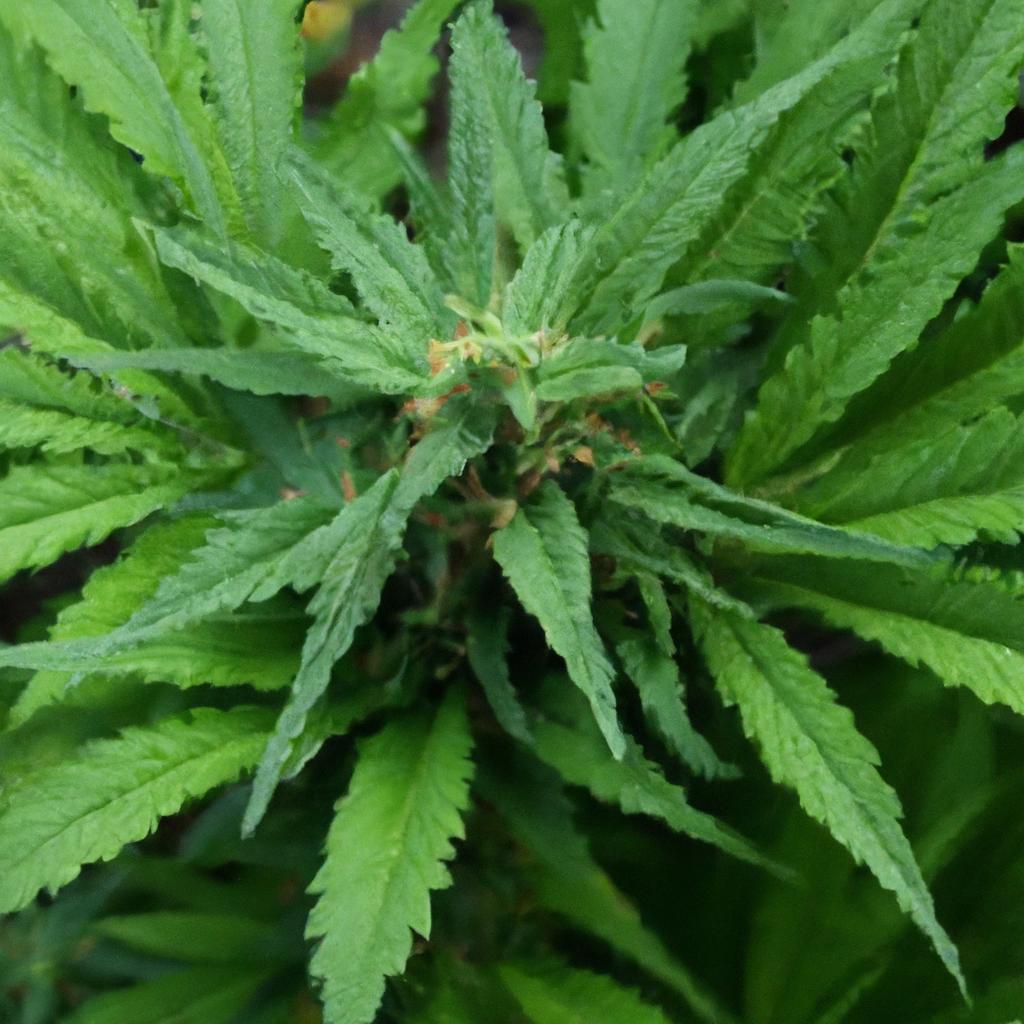
Organic cannabis cultivation is becoming more popular due to its environmental advantages and the production of a purer product. By utilizing natural methods like compost, organic fertilizers, and natural pest control, growers can cultivate healthier plants. Key practices include enriching soil with compost and manure, using natural fertilizers like fish emulsion and seaweed extract, and…
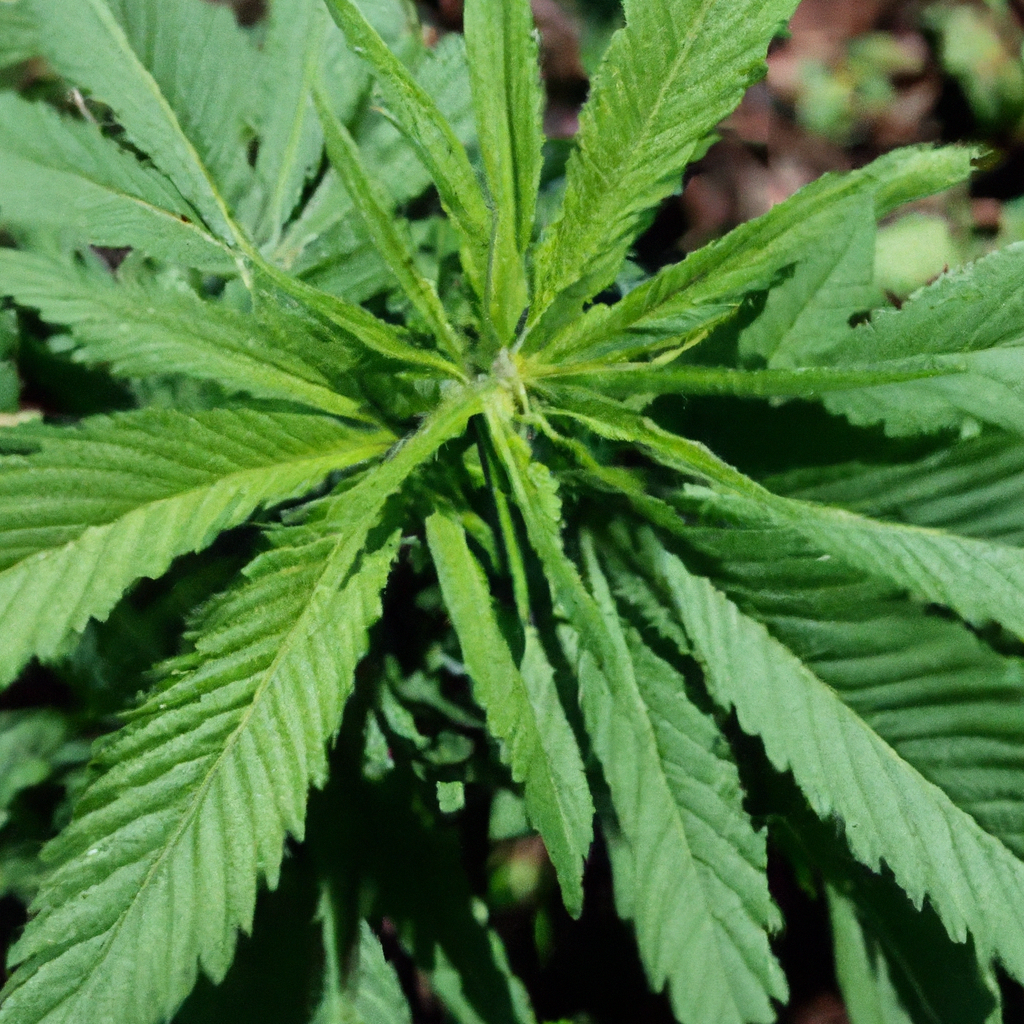
As cannabis growers embrace eco-friendly and health-conscious methods, organic cultivation emerges as a sustainable option. This guide explores best practices for organic cannabis cultivation, such as using natural fertilizers like compost, worm castings, and bone meal; fostering a thriving soil ecosystem with beneficial microbes, cover crops, and crop rotation; and adopting eco-friendly pest control strategies,…
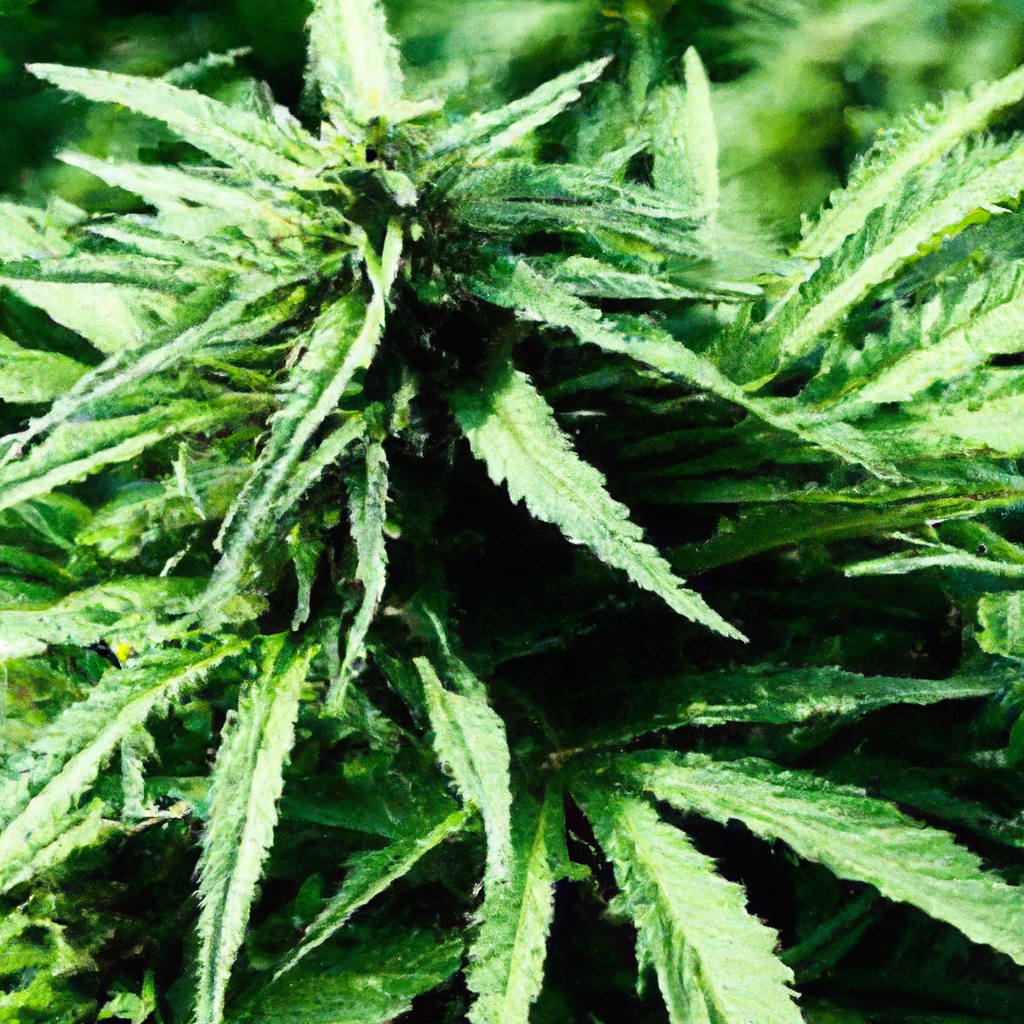
Explore the advantages of organic growing methods in cannabis cultivation, which offer significant environmental benefits and enhanced product quality. By avoiding synthetic chemicals, organic practices promote soil health and biodiversity, resulting in richer flavors and therapeutic compounds. Aligned with sustainability goals, these methods support water conservation and renewable energy, appealing to eco-conscious consumers. Understanding and…
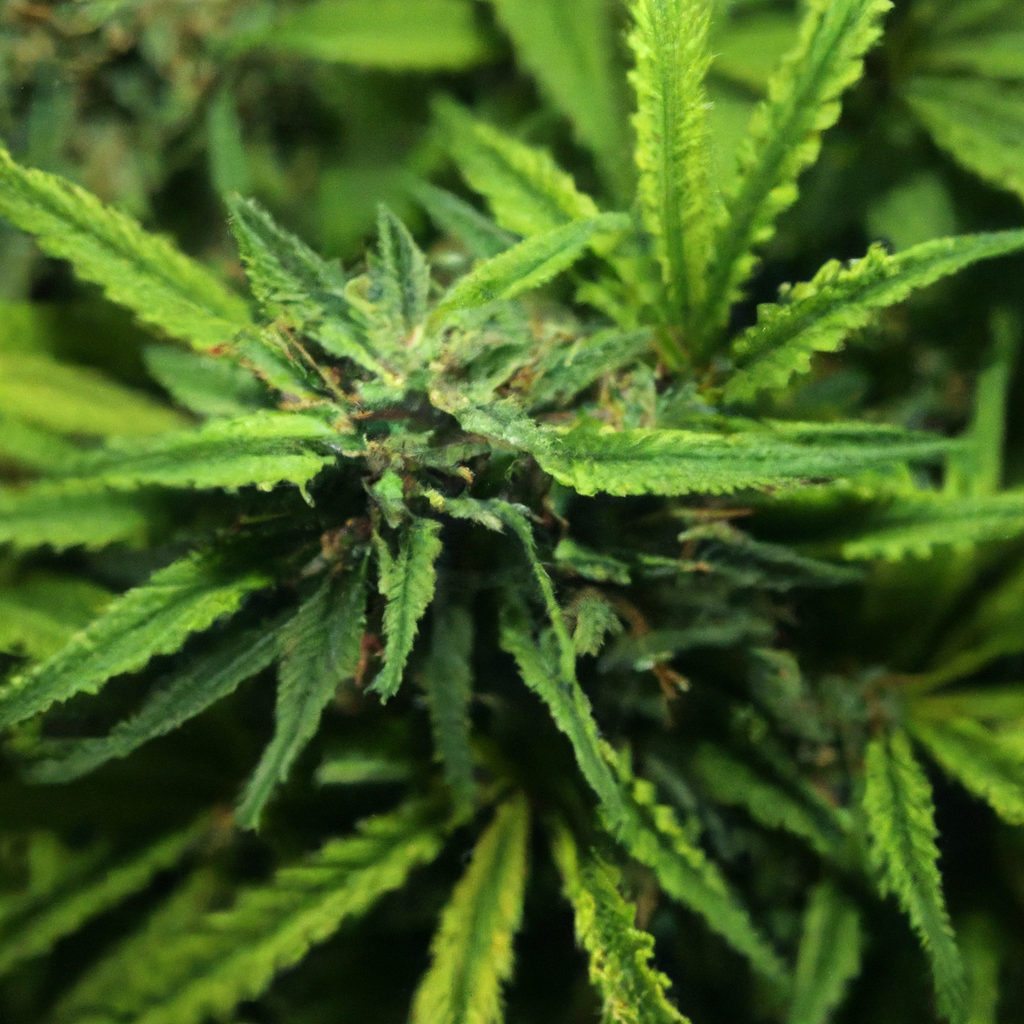
Organic cannabis cultivation is a movement towards sustainability that emphasizes eco-friendly farming practices. By leveraging natural fertilizers, compost, and natural pest management, growers can produce high-quality cannabis that benefits both the environment and consumers. The process begins with soil health, utilizing compost, cover crops, and crop rotation to enhance soil ecosystems. Natural fertilization through organic…
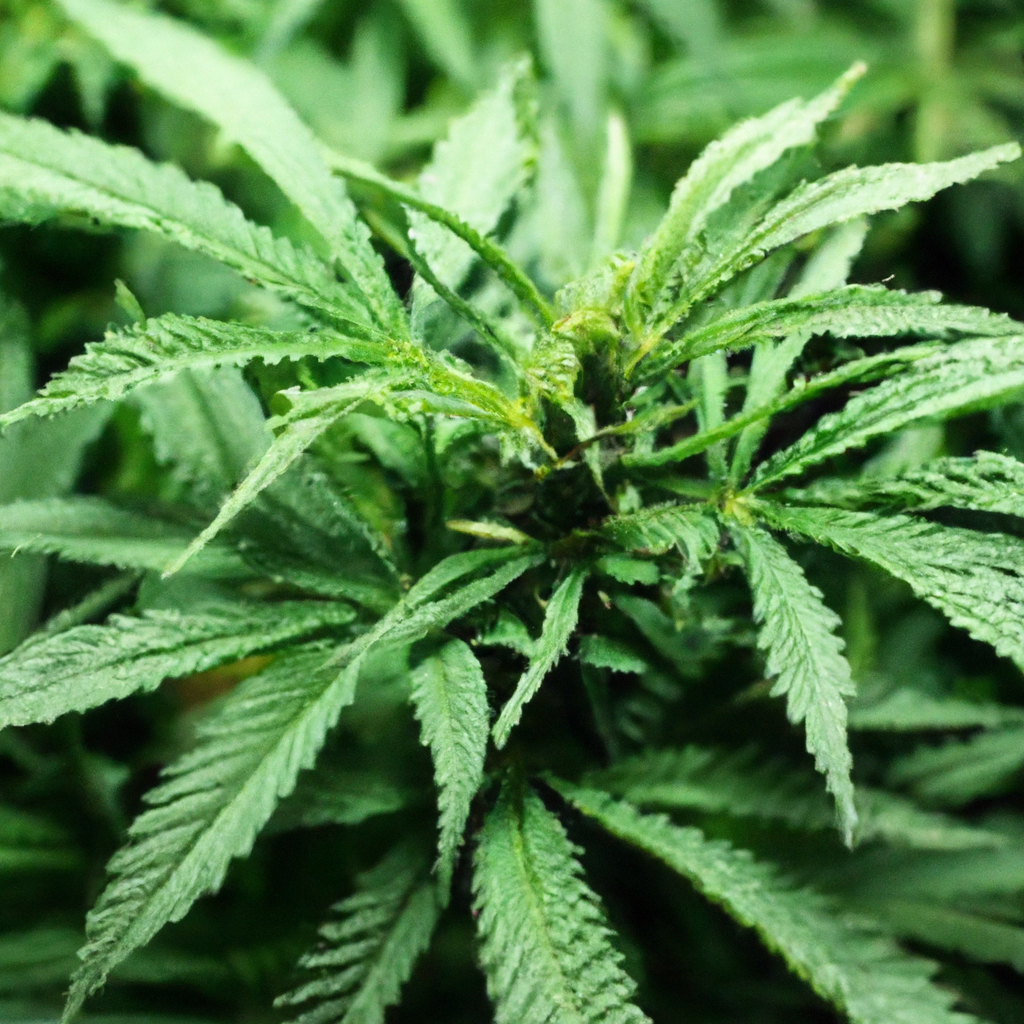
As the demand for sustainable products rises, organic cannabis cultivation provides a natural, eco-friendly approach to producing high-quality crops. Employing natural fertilizers, compost, and organic pest control methods builds robust soil ecosystems, benefiting the environment and health-conscious consumers. Enhancing soil with compost, using natural fertilizers like bone meal, and managing pests with companion planting and…
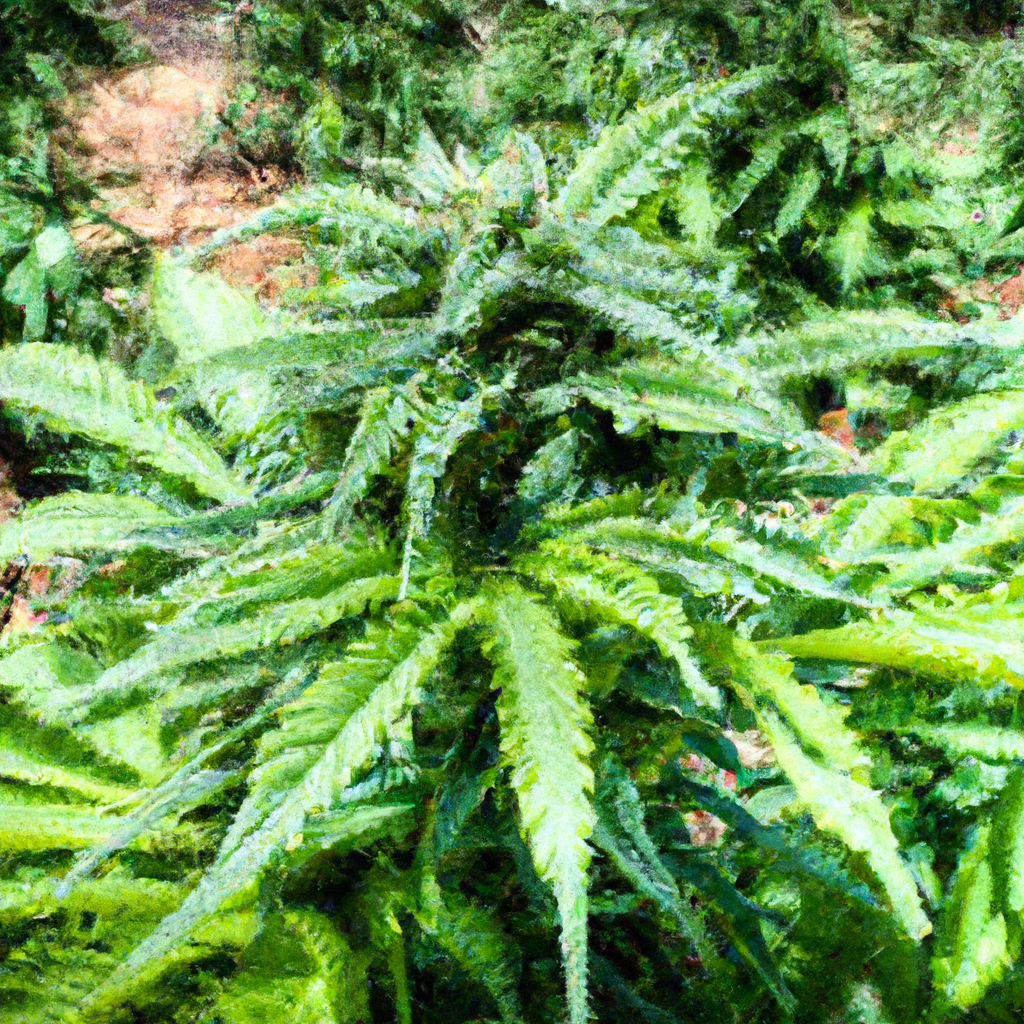
In cannabis cultivation, prioritizing organic methods and sustainability is essential for healthier yields and a reduced environmental footprint. Building healthy soil through composting and using beneficial microbes, along with natural pest control methods like companion planting and introducing beneficial insects, are key organic practices. Sustainable operations include efficient water management, renewable energy use, and waste…
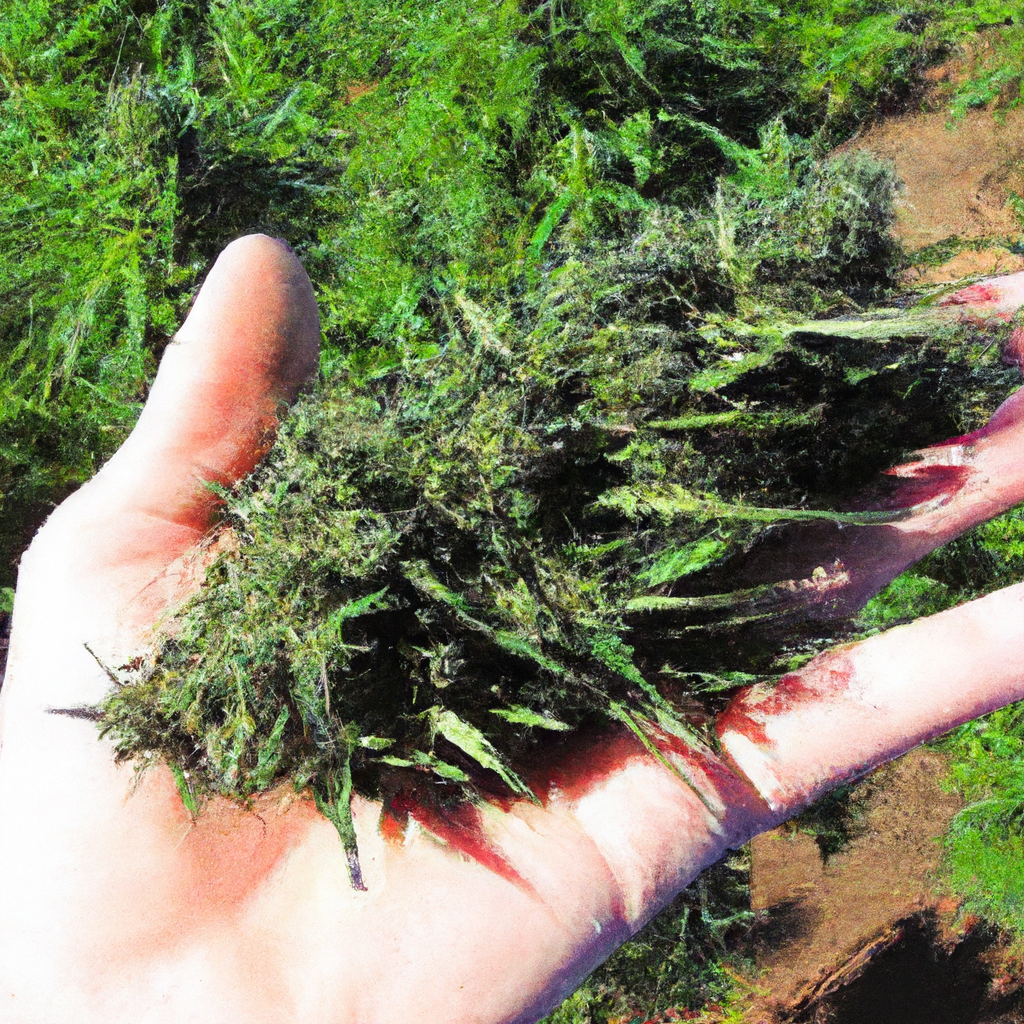
As demand for sustainable agriculture grows, organic cannabis cultivation offers an eco-friendly option for growers. This approach enhances cannabis quality and safety while benefiting the ecosystem. The article explores best practices, including building healthy soil ecosystems through composting, cover crops, and mulching. It also advocates using natural fertilizers like fish emulsion, bone meal, and worm…
